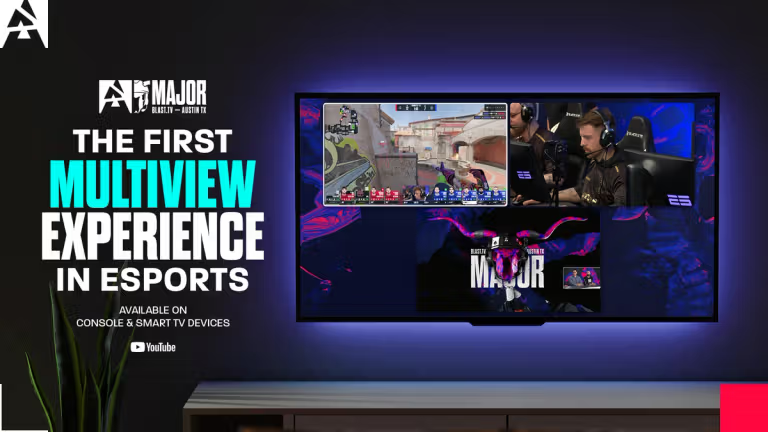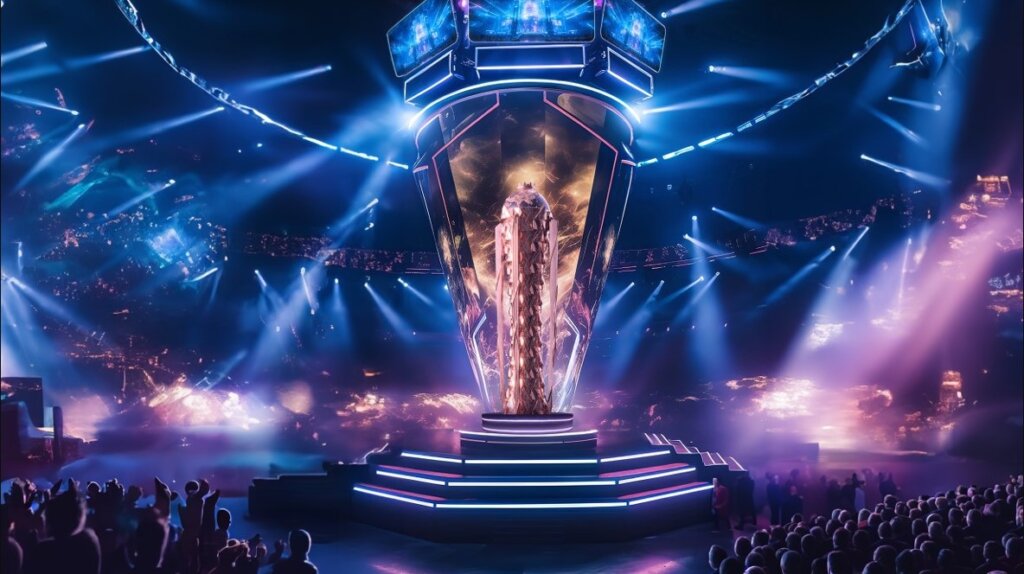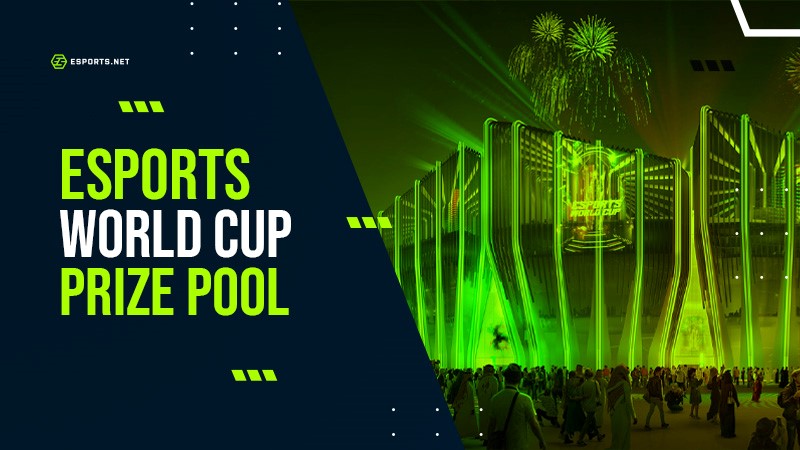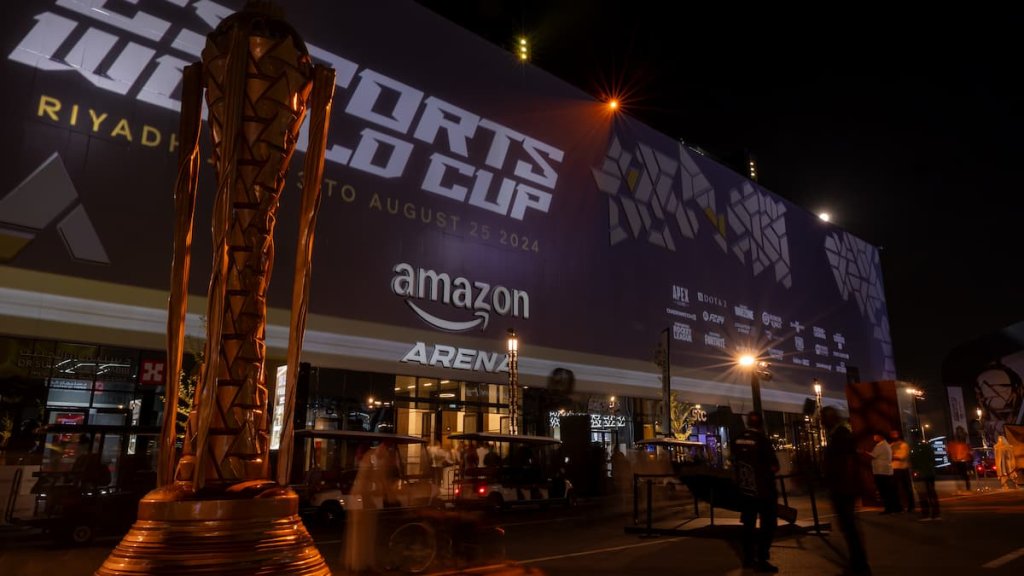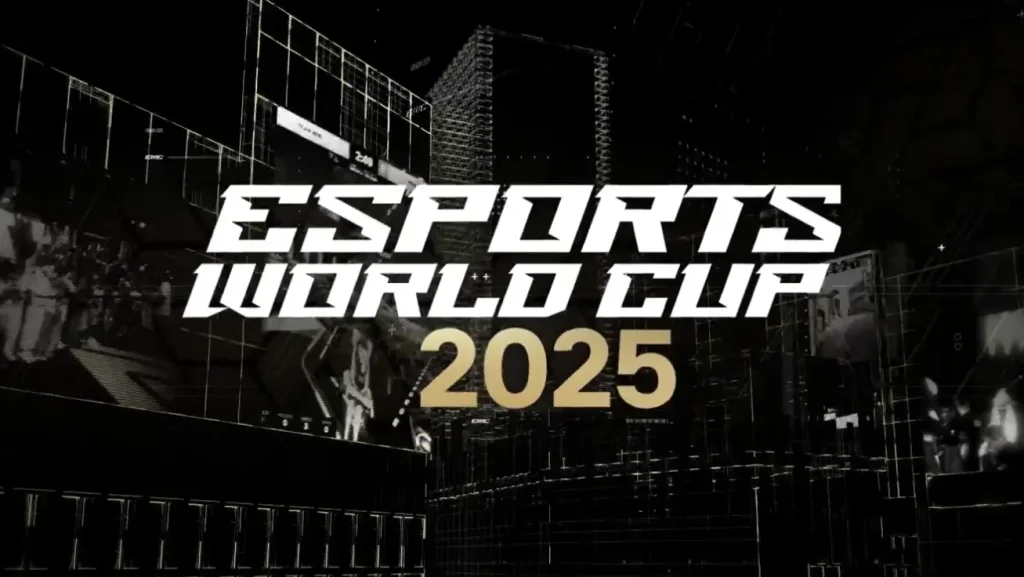
Should esports get its own dedicated Olympics?
The efforts to include esports as a recognised Olympic sport appear to have stalled with the International Olympic Committee stating that the move would be ‘premature’. Despite this disappointment, there have been encouraging noises made about sports simulator games with the IOC stating that there should be ‘accelerated cooperation’ with these kinds of gaming options.

© Xinhua
The announcements were made after an IOC meeting in Lausanne, Switzerland and they dampened the optimism about esports being featured as a medal sport at a future Olympics. Such news runs counter to the prevailing mood of optimism in an esports industry that is expected to generate more than $180 billion by 2021. As a result, there are a growing number of people who are speculating that esports won’t even need to be included in a standard sporting Olympics, and instead could successfully launch an alternative Esports Olympic Games.
Why has the International Olympic Committee gone cold on esports?
In July 2018, the IOC hosted a conference with leading esports industry figures, and this meeting hinted that we could soon see competitive gaming featured as an Olympic sport. However, the recent announcement from the IOC summit in Lausanne suggests that there are a number of factors still blocking esports from being at the Olympics.
One of the key reasons is that esports are still widely perceived as being too violent. Games that rely on killing such as Counter Strike Global Offensive are viewed as being counter to core Olympic themes that are emphatically non-violent.
Secondly, there remain big questions about how the Olympics could cope with the changing popularity and formats of esports. In the past handful of years we have seen new titles like Fortnite, Overwatch and PUBG become hugely successful, and it’s the ever-changing nature of competitive gaming that could make it difficult to regulate.
In addition to this, esports are widely seen as being commercially driven, and this runs counter to the view that traditional sports are ‘values-based’. This final point is debatable, but with games publishers like Blizzard Entertainment owning the rights to all Overwatch League and World Cup competitions, it does reveal a potentially troublesome area.
Will esports get its own Olympic tournament?
Despite the disappointing news from the IOC summit, there remains many areas of hope in the esports community. In particular it was the announcement that the IOC would try and accelerate cooperation with simulation games that suggested that all is not lost for esports. As many of these simulation games mirror real-world sporting activity, it’s easy to see how they could fit alongside traditional sports.
Whilst there’s some debate about whether these would rank as a ‘mind sport’ alongside the likes of chess and bridge, it seems as though these non-violent video games are being much more favourably viewed by sport’s governing bodies.

© IOC
Such moves would mirror the IOC’s desire to incorporate sporting events that resonate with younger audiences. There is little denying the fact that esports is a hugely popular activity amongst the younger demographic, and the fact that esports is expected to generate more revenue than rugby by 2021 indicates just how popular the activity has become.
As a result, there are growing calls for the esports industry to play to its own strengths and not chase after the Olympic ideal. By doing this, it has been speculated that the Olympics would gradually want to get involved with esports, not the other way around. Such moves would enable iconic esports like LoL, CSGO and Dota 2 to played internationally at an Olympic level, without having to comply to those lofty Olympic ideals.
The unstoppable rise of esports
The rapid growth of esports appears to have caught many in the traditional sporting world unaware. Whilst certain sports tournaments such as next year’s SEA Games have broken the mould by including esports as a medal sport for the first time, the prevailing attitude towards esports is one of scepticism.
But as top esports titles like Fortnite go mainstream, it seems like it’s only a matter of time before bodies like the International Olympic Committee have to change their attitudes. The only way that they could incorporate esports without going against their own value-set, would be to establish a dedicated esports tournament.
Rather than trying to shoehorn esports in alongside traditional sports like athletics or skiing in the summer or winter Olympics, by having a dedicated esports Olympics, then it would help the sporting event resonate with younger audiences.
Such a move would mirror the frantic attempts by big business to try and harness the power of esports. It has been suggested that the 10 most valuable brands in the world will be sponsoring esports teams and tournaments by 2021, and so it seems that the sheer popularity of competitive gaming will help it overcome the sceptical opinions of the IOC.
